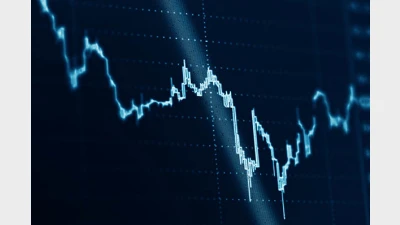European sentiment lifts investor confidence index



The State Street Global Investor Confidence Index (ICI) increased by 3.8 points to 81.4 in March, up from 77.6 in February.
The growth was largely driven by an 11-point rise in European ICI to 117.5, followed by a 0.9 increase in North American ICI to 73.9. Asian confidence decreased by 6.3 points to 91.9.
“In the face of heightened stress in the US banking sector, institutional investors continued to take a defensive stance with the Global ICI posting at 81.4 in March, well under the risk neutral level of 100,” said Rajeev Bhargava, head of investor behaviour research at State Street Associates.
“While the aggregate sentiment remained weak, it is important to report that investor confidence did not deteriorate further in March but actually firmed a touch, with our global measure gaining around 4 points.
“The North American ICI remained steady through March albeit at weak levels, possibly
supported by talks that the Federal Deposit Insurance Corporation (FDIC) will extend insurance to all deposits.”
Bhargava noted while Europe investor optimism climbed sharply, Asia was the only region that experienced a decline in sentiment.
Overall, the behaviour of institutions this month exhibited some resilience to market volatility.
The Investor Confidence Index was developed at State Street Associates, State Street Global Markets’ research and advisory services business, in partnership with FDO Partners.
It measured investor confidence or risk appetite quantitatively by analysing the actual buying and selling patterns of institutional investors.
A reading of 100 would be neutral; it would be the level at which investors were neither increasing nor decreasing their long-term allocations to risky assets.
Recommended for you
As market volatility persists, some super funds are pivoting defensively, while others are strategically positioning to capitalise on emerging opportunities.
New data has shown a progressive deterioration in risk appetite among instos even prior to Donald Trump’s latest round of tariffs.
UniSuper has reached “peak investment” in US assets and is now preparing to reassess its exposures amid ongoing sharemarket volatility.
Investors have slashed their US equity allocations to the lowest level on record, according to new data from Bank of America.













